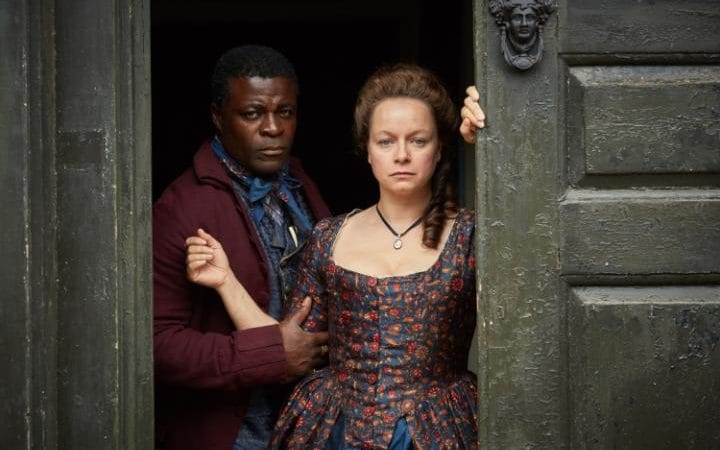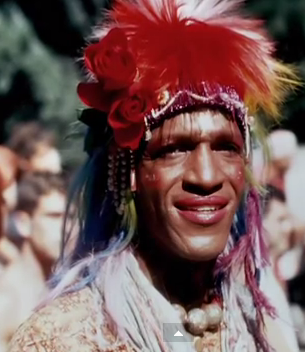It is now public knowledge that President Donald Trump’s attorney allegedly paid porn actress Stormy Daniels $130,000 for something. Although Daniels has, in the past, made mention of an affair with Trump, she now coyly denies it. On Jimmy Kimmel, she once again subtly suggested that the affair did indeed take place, holding a puppet… Continue reading The Stormy Daniels Effect: When Prostitutes Unite, Powerful Men Tremble
Category: Sex Worker History
The History Behind Harlots
Harlots is a new drama on Hulu following the misadventures and rivalries of two competing brothels in mid-18th century London. Created by Moira Buffini and Allison Newman, and loosely based on research by Hallie Rubenhold, Harlots isn’t only notable for being about harlots—all the writers and directors are women also, which allows for a truly… Continue reading The History Behind Harlots
Activist Spotlight: Morgan M Page on Trans History And Truth
Morgan M. Page, veteran Canadian trans and sex workers’ rights activist, artist, and writer, recently launched a new podcast focusing on Western trans history called One From The Vaults. Tits and Sass interviewed with her to coincide with the posting of the fourth episode of the podcast. Two of the three episodes you have up… Continue reading Activist Spotlight: Morgan M Page on Trans History And Truth
How Sex Work Got Us This Far In Gay Liberation
Like many of my LGBT peers and allies, I am grateful for the contributions made before and for the possibilities ahead. This summer, the Supreme Court acknowledged the humanity of LGBT individuals. And one of our pinnacle liberation symbols, New York City’s Stonewall Inn, the site of the 1969 Stonewall riots, was made a national… Continue reading How Sex Work Got Us This Far In Gay Liberation
Why You Shouldn’t Study Sex Workers
This is an edited version of a post originally published on Lime Jello’s blog autocannibal. Before I finished my B.A., I encountered a social worker who was working on her M.A. Her politics were generally pro-decriminalization, but she also liked to trade in horror stories about women whose vaginas fell out from having too much sex.… Continue reading Why You Shouldn’t Study Sex Workers




